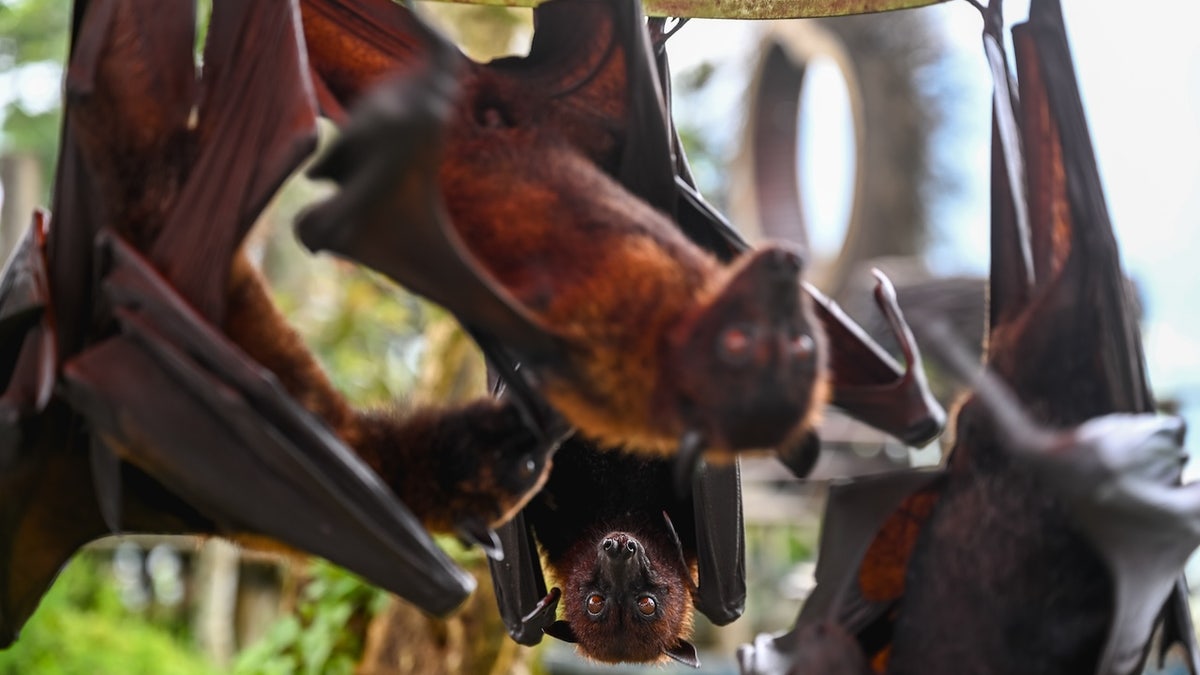Although similar to SARS-CoV-2, the new virus is ‘much less powerful,’ doctors say
A new bat coronavirus discovered in China has raised alarms about the possibility of another pandemic. Named HKU5-CoV-2, this virus shares similarities with SARS-CoV-2, the virus responsible for COVID-19. Both viruses target the same human receptor—angiotensin-converting enzyme (ACE2)—according to a report from the South China Morning Post.
Researchers have warned that HKU5-CoV-2 could potentially spread from person to person or even jump between species. The study was led by Zheng-Li Shi, a prominent scientist at Guangzhou Laboratory in Guangdong, China. Known as the “batwoman,” Shi previously worked at the Wuhan Institute of Virology, which was at the center of controversy regarding the origins of COVID-19.

The discovery of a new bat coronavirus in China has sparked concerns about another pandemic. (iStock)
“This study uncovers a unique lineage of HKU5-CoVs in bats, which efficiently utilize human ACE2, highlighting their potential zoonotic risk,” the researchers stated in their study, published in the scientific journal Cell on February 18.
The research was a collaborative effort from the Guangzhou Academy of Sciences, Wuhan University, and the Wuhan Institute of Virology.
The study reveals that HKU5-CoV-2 is capable of infecting human cells, as well as lab-grown lung and intestine tissues, according to reports.

Security personnel keep watch outside the Wuhan Institute of Virology during an investigation of the origins of COVID-19 in Wuhan, Hubei province, China, on Feb. 3, 2021.
Dr. Marc Siegel, a clinical professor of medicine at NYU Langone Health and senior medical analyst for Fox News, pointed out that bats are known to harbor numerous species of coronaviruses.
“Shi-Zhengli discovered that a species of pipistrellus bats is carrying the HKU5-CoV-2, a cousin of the MERS virus, which caused a limited human outbreak in 2012,” Siegel told Fox News Digital. “This particular strain has the ability to bind to the same receptors in the lungs, nose, and respiratory passages that allowed SARS-CoV-2 (COVID-19) to infect humans. This raises the possibility of zoonotic spillover, where the virus could potentially infect humans and spread from person to person.”
Siegel emphasized that while ongoing investigation into potential human pathogens is crucial, and we must stay vigilant in preparing for possible pandemics, it is equally important not to succumb to fear.
“The COVID-19 pandemic was the worst in a century, but that doesn’t mean another pandemic is imminent from bird flu, this virus, or any other,” he affirmed.

The virus, named HKU5-CoV-2, targets the same human receptor as s similar SARS-CoV-2, the virus that causes COVID-19.
In an ideal world, Siegel suggested, an international consortium of scientists could be formed to provide global protection against emerging pathogens.
“Unfortunately, that did not occur with the COVID-19 pandemic, and the veil of secrecy still lingers,” he remarked. “However, studies like this one, published in a respected journal, represent a positive step forward.”

